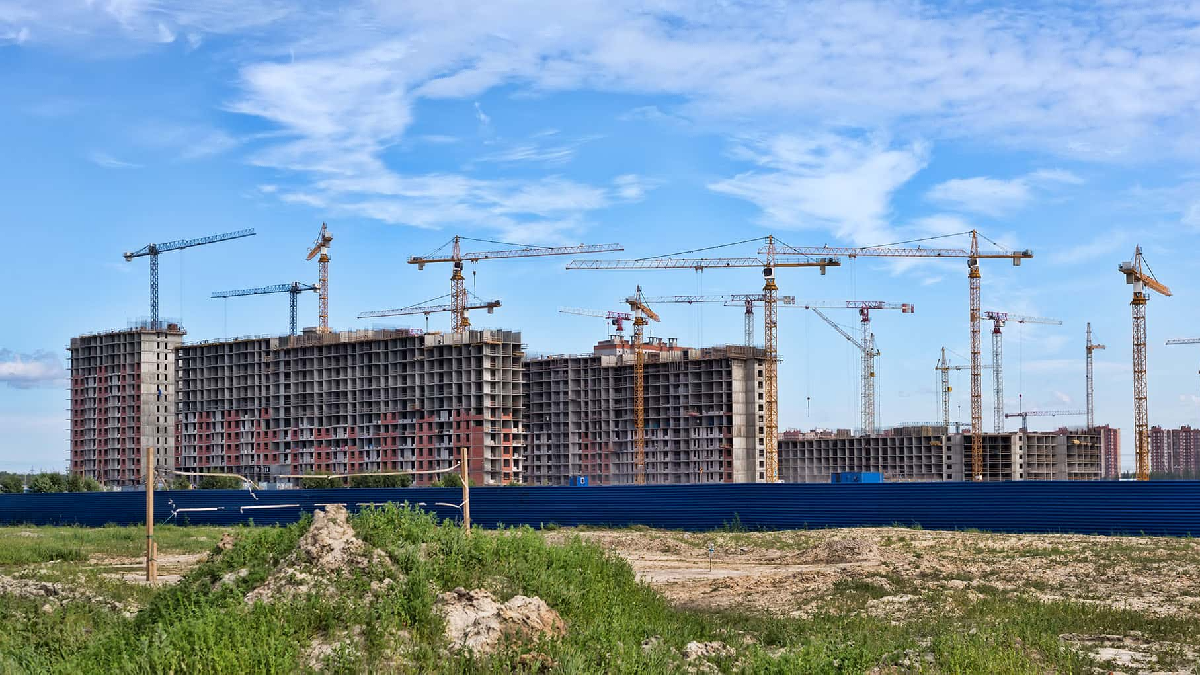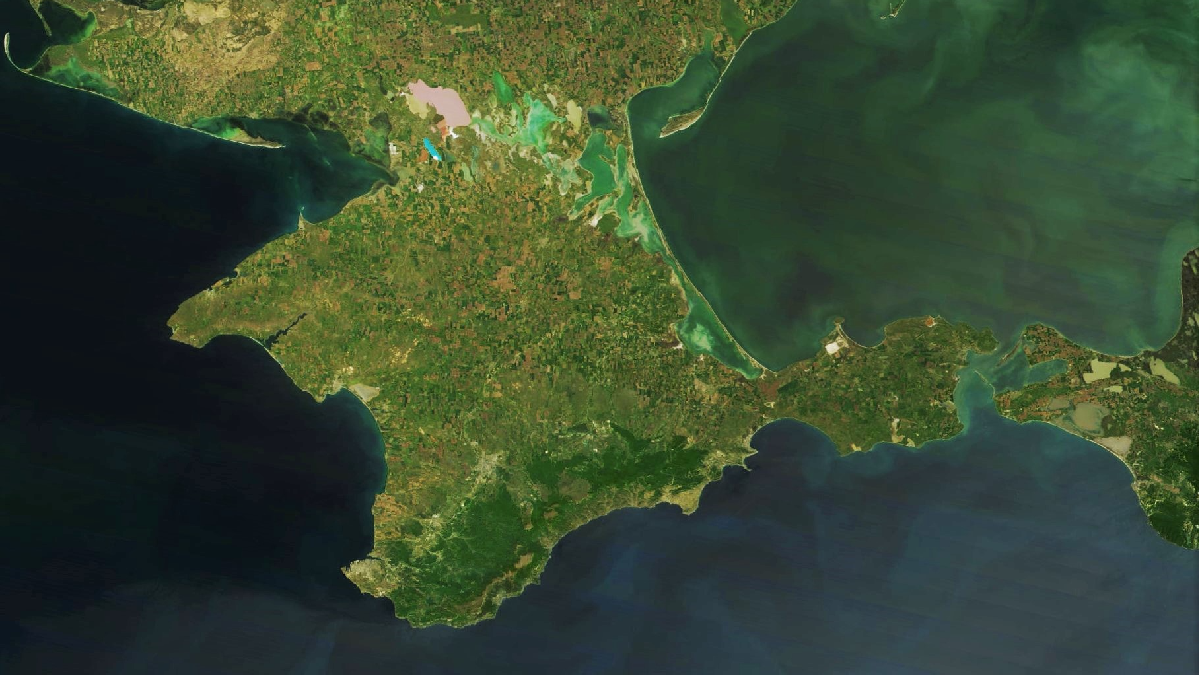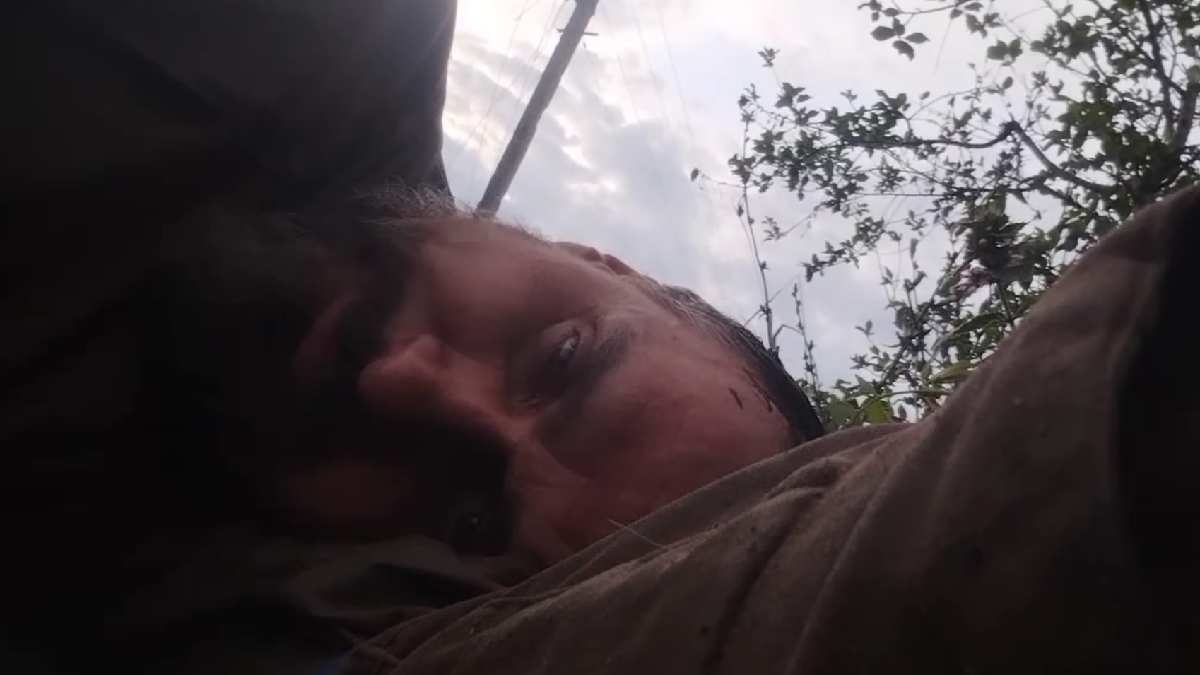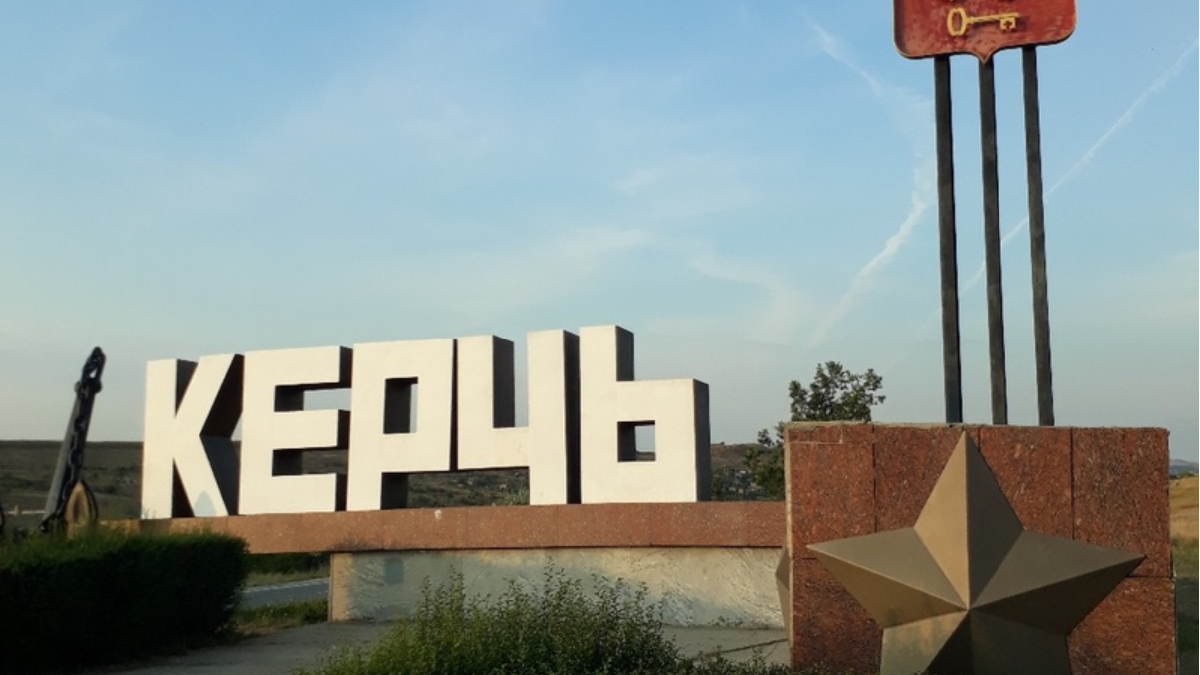Credit for migrants for their housing. What is known about the new program

Loan for own housing at 3 per cent: from May 17, the State Youth Housing will begin registration for participation in a new support program for the purchase of housing for migrants. And in 2 months the first loan applicants will be selected by lot. The money for the soft loan program is provided by the German government. The public found out under what conditions you can take advantage of the opportunity and whom the soft loan will not help move into your own home.
The family of Serhiy and Oksana Vikarchuk moved from Yevpatoria to Kyiv in 2014. When they occupied Crimea, says Serhiy, they immediately decided that they would not live there under Russian rule.
Serhiy Vikarchuk is an immigrant, a veteran of the Russian-Ukrainian war.
"We were told that Ukrainian passports would be taken away from us and we made the decision to just leave, without work, without anything. They lived in a hostel”, - Serhiy says.
In Yevpatoria, the Vikarchuks left their apartment, and in Kyiv, they rented a house. It was not possible to use state programs to buy housing.
"If the state program, there are 5 of us now and the living space should be appropriate, more than 100 sq.m. We do not fall, we do not fall by the criteria all the time”, - Oksana emphasizes.
Every IDP who does not have housing in the territory controlled by Ukraine and has a stable income can take part in the new state program of preferential loans. The loan itself provides for the first instalment - 6% of the cost of housing. Next - the interest rate of 3%. The house or apartment they buy must not be older than 35 years. Each member of the family of migrants must be at least 21 square meters + 10 commons.
That is, if the Vikarchuk family is 5 people, then the area of their apartment should be at least 115 square meters. Less - you can not take according to the conditions. In the metropolitan area of Sofiyivska Borshchahivka, where the family rents housing, you can buy a suitable apartment for 100 thousand dollars. The Vikarchuks do not have much money now. The business, which was started after the relocation, suffered losses during the pandemic.
"Our travel company does not work at 200 or 100 per cent, as before, so we do not have financial stability, it would be difficult for us to dare to do it even under 3%" - Sergei says.
Before that, there was an "Affordable Housing" program for IDPs in Ukraine, under which they were reimbursed for half the price of housing, but the state has not funded this project for the last 2 years.
There is also a loan program that provides a loan at 3%. However, it was not fully funded. The new project does not differ in terms, it is funded by the German government.
The head of the State Fund for Youth Housing Assistance Serhiy Komnatnyi spoke about the new program’s benefits.
"It is better, first of all, because it already has 25.5 million euros. And we had 200 million hryvnias for state funds in 2019, and then 17 million hryvnias for the following 2020-2021, that is, we see a difference”, - the head of the State Fund emphasizes.
However, if young and able-bodied people have a chance to have their credit housing at a low interest rate, there will be no opportunity for retired migrants to live in their own homes.
Mykhailo Pishtoi and his wife and about 200 other migrants live in rooms of 10-12 square meters.
"This is a former sanatorium of Kyivpastrans. We were settled on March 26, 2014, and have been living here for 8 years. It has been temporary for 8 years now”, - Mykhailo says.
Deputy Minister for Reintegration Inna Draganchuk says such cases should be under the control of local authorities.
"We are doing everything possible to encourage local authorities to direct funds to solve these problems on the ground. But, he says, the state does not have a comprehensive approach to solving such a problem now”, - Inna emphasizes.







